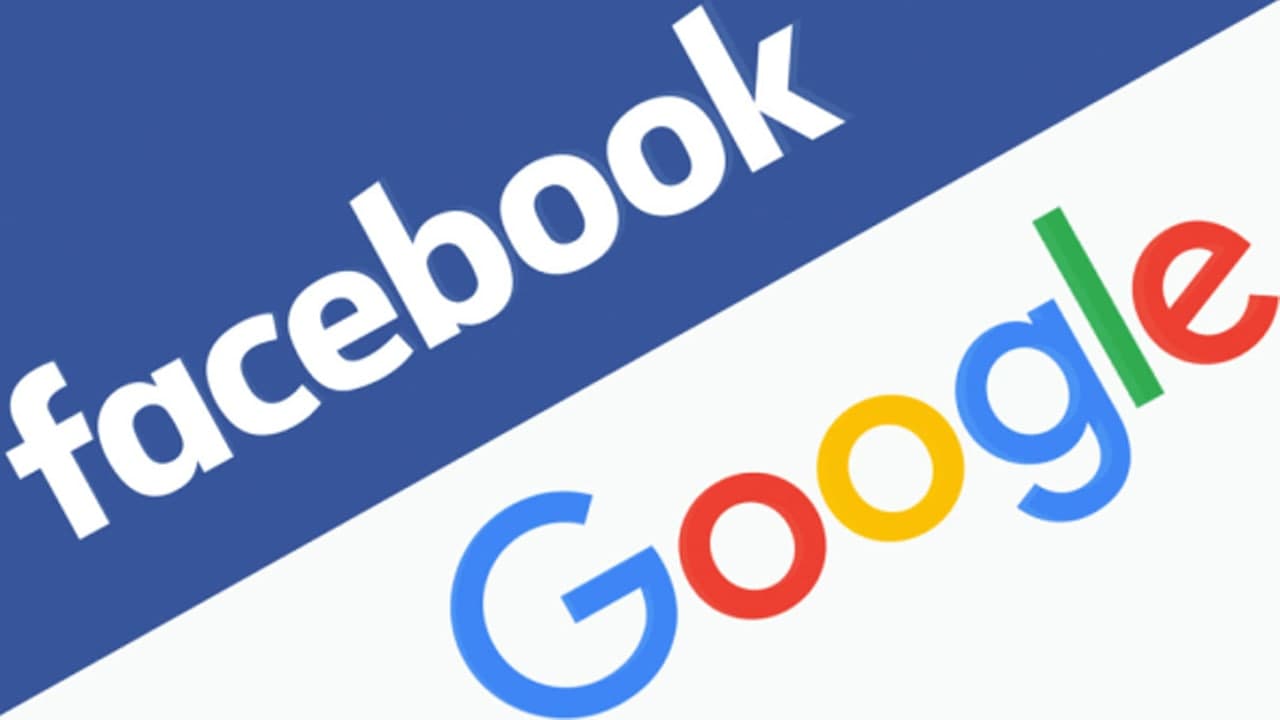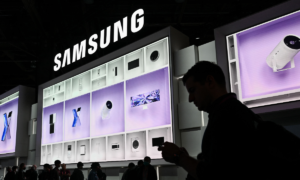The European Union and British antitrust agencies have launched a parallel investigation into the 2018 online display advertising deal between Google and Facebook, a long list of regulatory challenges that the group of American technology giants will face.
Alphabet’s Google and Facebook (whose parent company is now known as Meta) have defended the “Jedi Blue” deal, which the EU says could thwart ad-tech rivals and put other online advertisers at a disadvantage.
Moreover, so-called header bidding allows advertisers to offer ad space to multiple exchanges and network agencies at the same time, thereby generating more revenue.
The Jedi Blue agreement enables Meta to participate in Google’s open bidding program through its Meta Audience Network.
Join Tip3x on Telegram
The origins of Jedi Blue usually date back to 2017, when Facebook wanted to support an ad tech system that rivaled Google.
It later dropped support for the technology in 2018 because Google gave it a priority to use its online ad bidding system.
As part of the deal, Meta was able to be the first to buy ad inventory from Google and then stopped investing in rival ad tech systems.
 “EU Antitrust Director Margrethe Vestager is concerned that the agreement signed in September 2018″ could form part of an effort to exclude ad tech services that compete with Google’s Open Bidding scheme, so restricts or distorts competition in the online display advertising market”. A formal antitrust investigation is therefore being opened.
“EU Antitrust Director Margrethe Vestager is concerned that the agreement signed in September 2018″ could form part of an effort to exclude ad tech services that compete with Google’s Open Bidding scheme, so restricts or distorts competition in the online display advertising market”. A formal antitrust investigation is therefore being opened.
Andrea Coscelli, director of the UK’s Competition Markets Authority, said: “We are concerned that Google may work with Meta to create barriers for competitors who provide publishers with important online display advertising services.”
While the main aspect of the EU investigation has focused on the deal, another angle is whether Google is abusing its dominance, which could mean Facebook could get away with it if it finds out.
“This is a publicly documented, pro-competitive agreement that enables Facebook Audience Network (FAN) to participate in our Open Auction program with dozens of other companies,” Google said in response to the inquiry.
Meta said in a statement: “Meta’s non-exclusive bidding agreement with Google and our similar agreements with other bidding platforms are helping to increase competition for ad placement.




